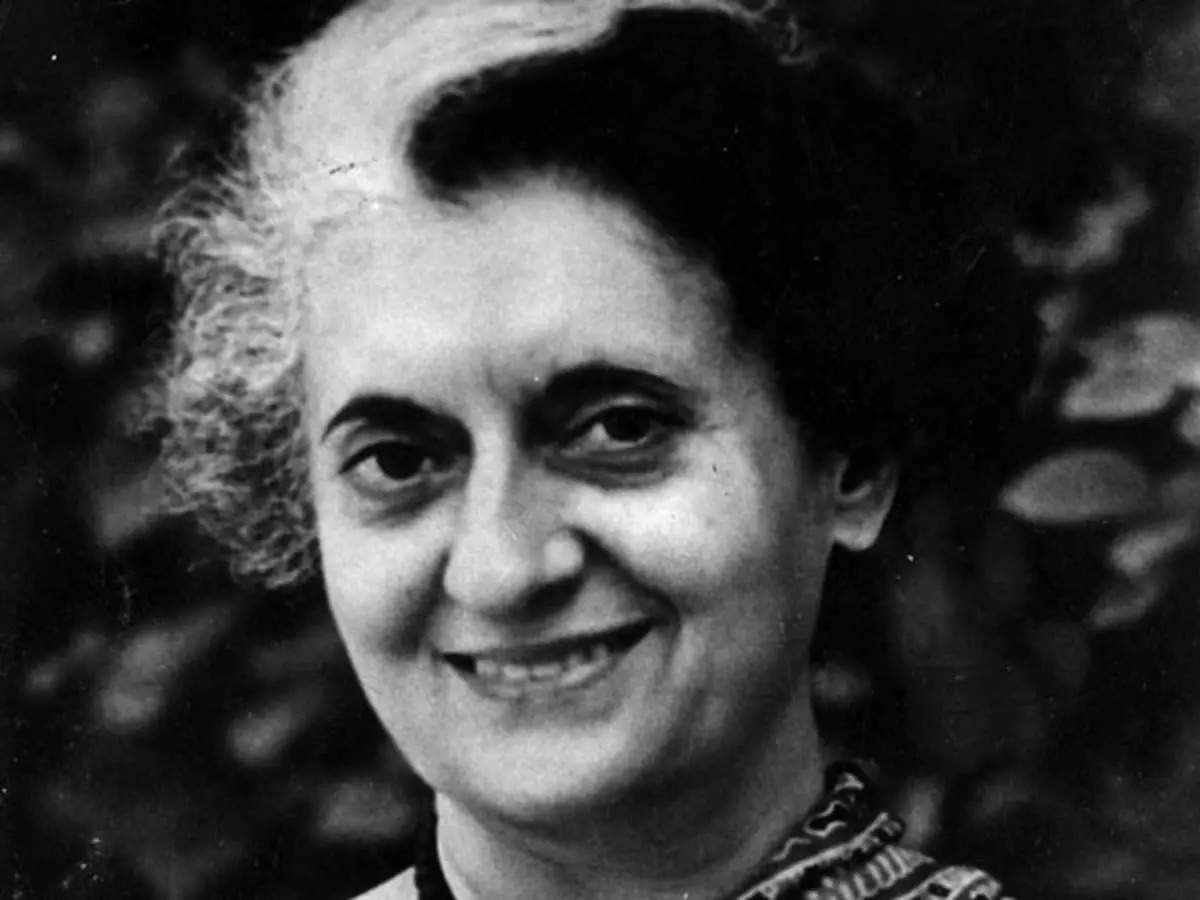
Indira Gandhi: Iron Lady of India
In the tumultuous landscape of Indian politics, few figures loom as large as Indira Gandhi, the Iron Lady of India. Born into the Nehru-Gandhi dynasty, she rose to prominence as the first and, to date, the only female Prime Minister of India. Indira Gandhi’s political career was marked by bold leadership, strategic maneuvering, and a steadfast commitment to India’s sovereignty and development. This blog seeks to explore the life, legacy, and enduring impact of Indira Gandhi on Indian politics and society.
Early Life and Political Ascendancy: Indira Priyadarshini Gandhi was born on November 19, 1917, into the illustrious Nehru-Gandhi family, renowned for its contributions to India’s struggle for independence. Growing up under the tutelage of her father, Jawaharlal Nehru, India’s first Prime Minister, she imbibed the values of secularism, democracy, and social justice.
Indira Gandhi’s political journey began in earnest during the tumultuous years preceding India’s independence from British rule. She played an active role in the Indian National Congress (INC), working alongside stalwarts of the freedom movement and gaining invaluable experience in grassroots organizing and political mobilization.
Prime Ministership and Leadership Style: Indira Gandhi’s ascent to the pinnacle of Indian politics came in 1966 when she assumed office as Prime Minister following the untimely demise of Lal Bahadur Shastri. Despite initial skepticism about her ability to lead, she quickly asserted her authority and embarked on a bold agenda of economic and social reforms.
As Prime Minister, Indira Gandhi adopted a pragmatic and assertive leadership style, characterized by a blend of idealism and realpolitik. She pursued a policy of “Garibi Hatao” (Eradicate Poverty), aiming to uplift the marginalized sections of society through welfare programs and redistributive policies.
Key Policies and Initiatives: Indira Gandhi’s tenure as Prime Minister was marked by a series of landmark policies and initiatives that left an indelible imprint on Indian society and polity. She nationalized banks in 1969, aiming to bring financial services to the masses and curb the influence of private capital. The Green Revolution, launched in the 1960s, revolutionized agricultural productivity and made India self-sufficient in food grains.
However, her decision to impose Emergency in 1975, suspending civil liberties and curtailing political freedoms, remains a contentious chapter in Indian history. Despite criticism from civil society and opposition parties, she justified the Emergency as a necessary measure to maintain law and order and implement transformative reforms.
Legacy and Enduring Impact: Indira Gandhi’s legacy is a complex tapestry of achievements and controversies, reflecting the contradictions inherent in her leadership. While she is celebrated for her decisive leadership during times of crisis and her contributions to nation-building, she also faced criticism for authoritarian tendencies and lapses in governance.
Nevertheless, Indira Gandhi’s imprint on Indian politics and society is indelible. Her role as a trailblazer for women in politics, her commitment to secularism and social justice, and her steadfast defense of India’s sovereignty continue to inspire generations of Indians.
Indira Gandhi’s legacy as the Iron Lady of India is a testament to her resilience, political acumen, and unwavering dedication to the nation. Despite the complexities and controversies surrounding her leadership, her contributions to India’s progress and development are undeniable. As we reflect on her life and legacy, let us strive to emulate her courage, conviction, and commitment to building a more inclusive and equitable society.













